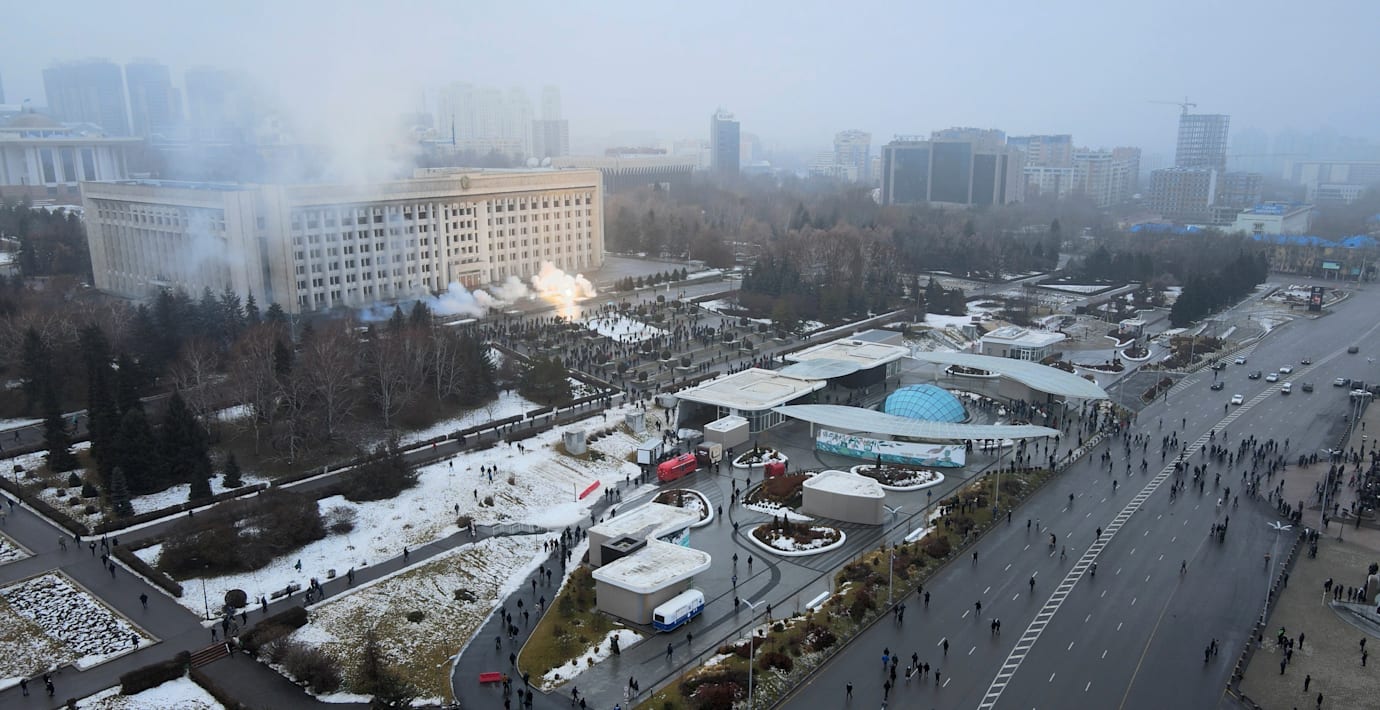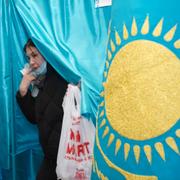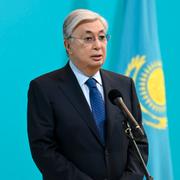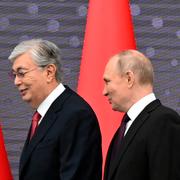bakgrund
CSTO, Collective Security Treaty Organization
Wikipedia (en)
The Collective Security Treaty Organization (CSTO; Russian: Организация Договора о коллективной безопасности, romanized: Organizatsiya Dogovora o kollektivnoy bezopasnosti) is an intergovernmental military alliance in Eurasia that consists of selected post-Soviet states. The treaty had its origins to the Soviet Armed Forces, which was gradually replaced by the United Armed Forces of the Commonwealth of Independent States. However, on 15 May 1992, six post-Soviet states belonging to the Commonwealth of Independent States—Russia, Armenia, Kazakhstan, Kyrgyzstan, Tajikistan, and Uzbekistan—signed the Collective Security Treaty (also referred to as the Tashkent Pact or Tashkent Treaty). Three other post-Soviet states—Azerbaijan, Belarus, and Georgia—signed the next year and the treaty took effect in 1994. Five years later, six of the nine—all but Azerbaijan, Georgia, and Uzbekistan—agreed to renew the treaty for five more years, and in 2002 those six agreed to create the Collective Security Treaty Organization as a military alliance.The CSTO charter reaffirmed the desire of all participating states to abstain from the use or threat of force. Signatories would not be able to join other military alliances or other groups of states, while aggression against one signatory would be perceived as an aggression against all. To this end, the CSTO holds yearly military command exercises for the CSTO nations to have an opportunity to improve inter-organization cooperation. A CSTO military exercise called "Rubezh 2008" was hosted in Armenia, where a combined total of 4,000 troops from all seven constituent CSTO member countries conducted operative, strategic and tactical training with an emphasis towards furthering efficiency of the collective security element of the CSTO partnership. The largest of such exercises was held in Southern Russia and central Asia in 2011, consisting of more than 10,000 troops and 70 combat aircraft. In order to deploy military bases of a third country in the territory of the CSTO member-states, it is necessary to obtain the official consent of all its members. It also employs a "rotating presidency" system in which the country leading the CSTO alternates every year.




